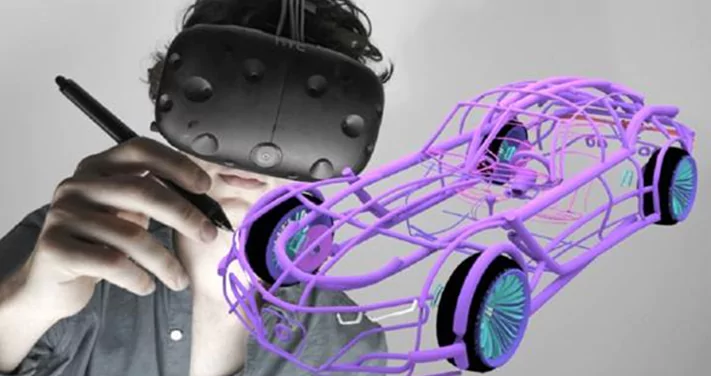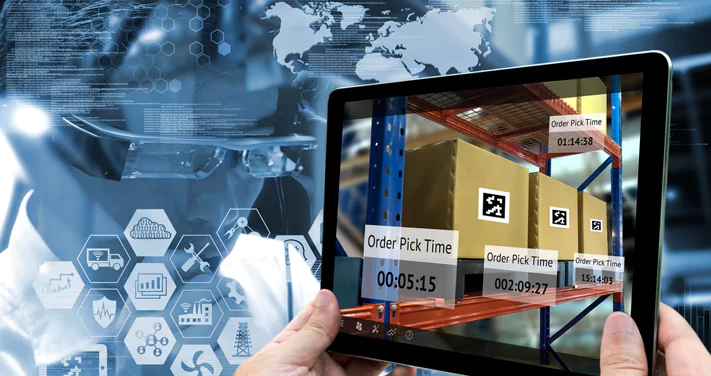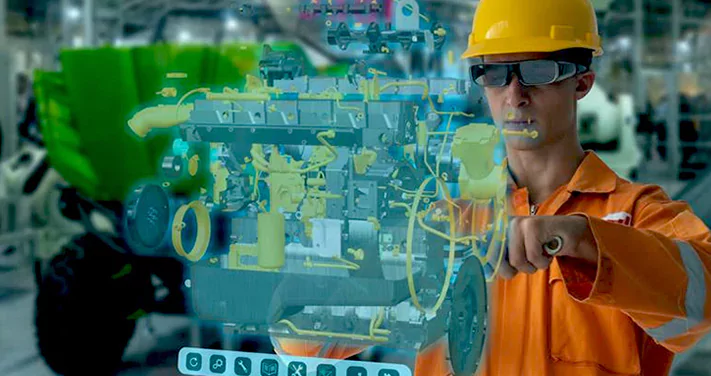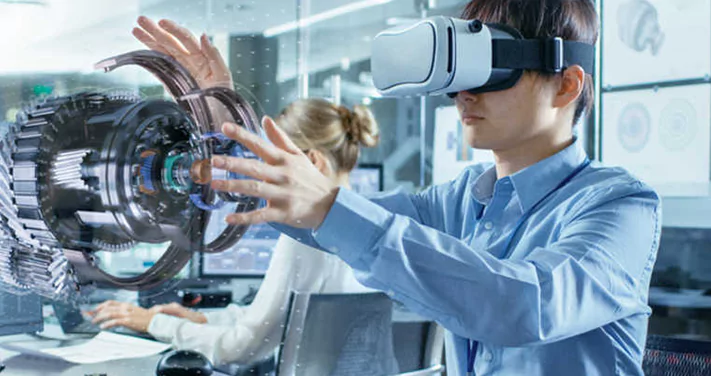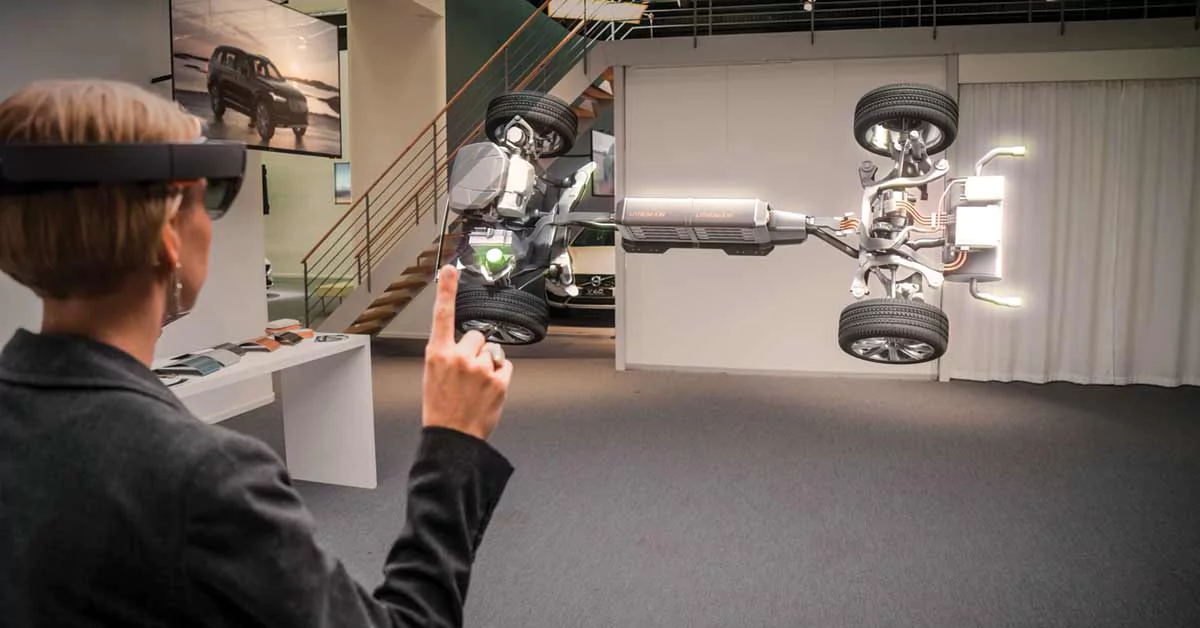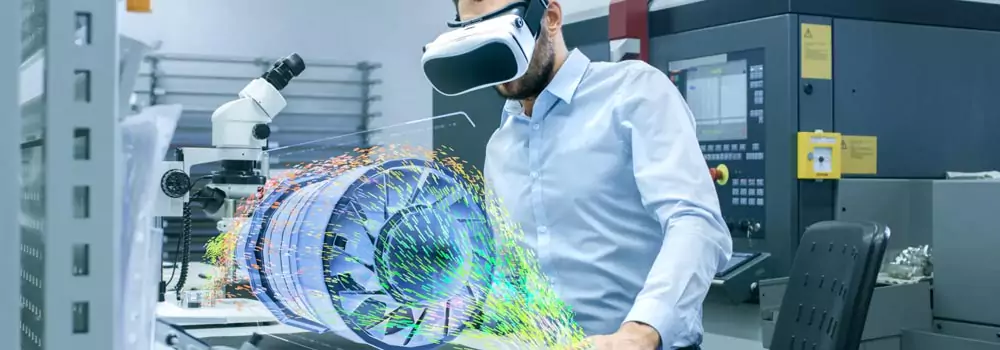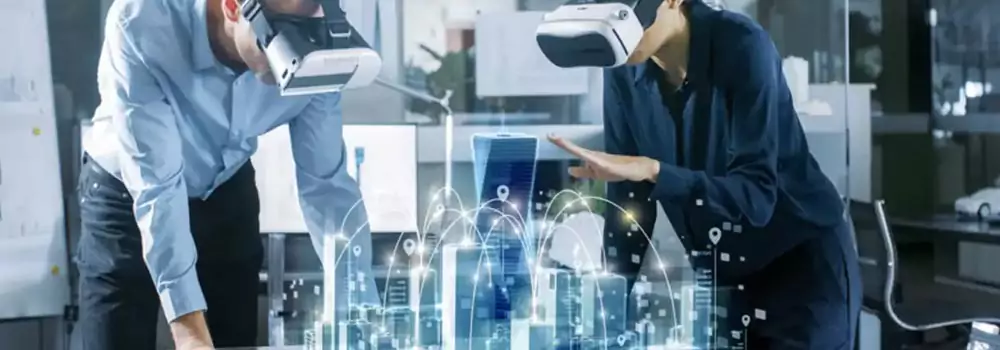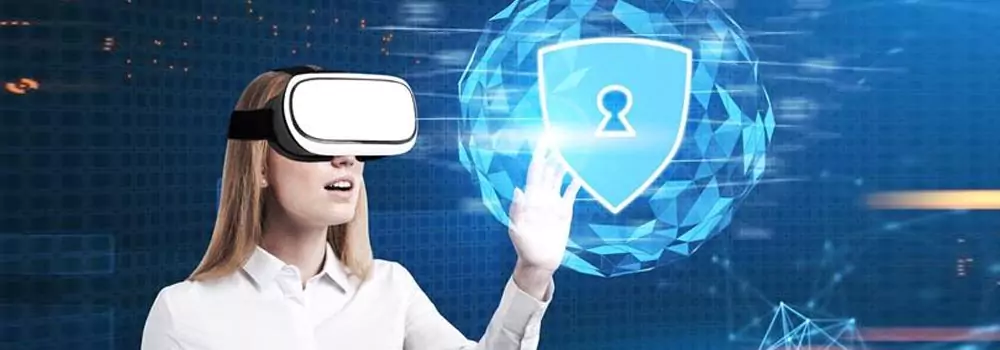AR/VR in Manufacturing
Augmented and virtual reality is making the manufacturing process simpler! The rapid prototyping and modeling is reducing both time and cost of physical modeling. Also, the engineers and supervisors can now keep an eye on the workers and advise them if they need to, even if they are not inside the factory. It would not be wrong to say that AR/VR is driving multiple process improvements in the manufacturing sector. Hence, AR/VR is bringing in a new revolution in manufacturing all together.


